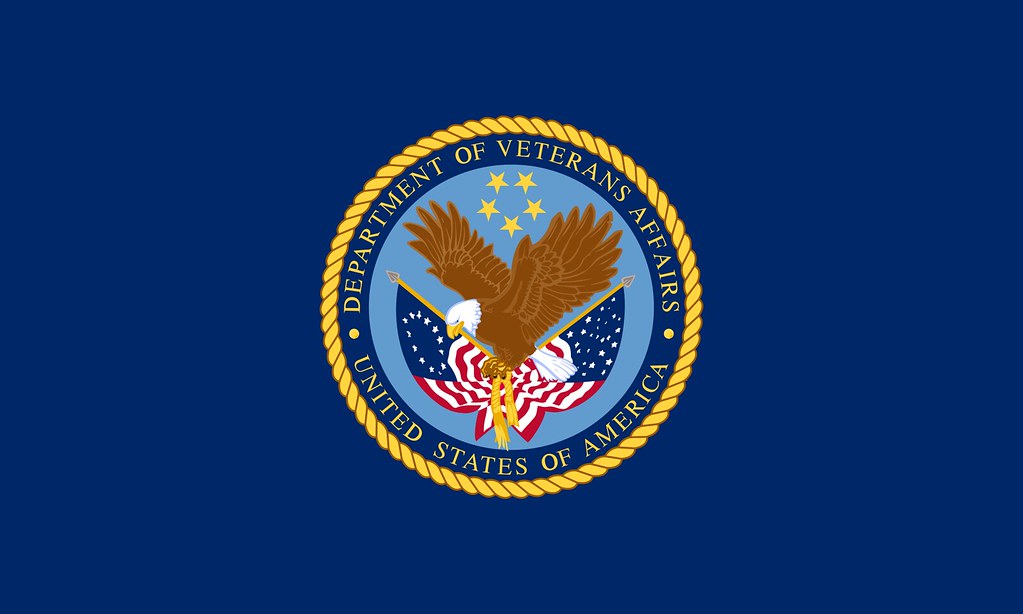
In an era of rapid technological advancements, the Department of Veterans Affairs (VA) is embracing the potential of Artificial Intelligence (AI) to revolutionize its services and enhance the well-being of our nation’s veterans. The VA’s AI Strategy, informed by national initiatives and legislation, aims to harness the power of AI capabilities for the benefit of veterans and society as a whole. By leveraging its extensive resources and network, the VA seeks to become a hub for AI innovation, ensuring that veterans receive the best possible care and support.
The VA’s AI Strategy aligns with the objectives outlined in the National AI R&D Strategic Plan, emphasizing four key strategic goals that resonate with the VA’s mission:
By pursuing these strategic goals, the VA aims to integrate AI into its operations and services, promote cutting-edge research, foster trust in AI technologies, and collaborate with external stakeholders to drive advancements in AI.
The VA’s AI Strategy encompasses a comprehensive set of goals, metrics, and priorities to drive the effective implementation of AI across all VA initiatives. Let’s delve into each strategy and its associated objectives:
The VA recognizes the transformative potential of AI in improving veteran outcomes. By leveraging existing AI capabilities, such as computer vision technologies, the VA aims to enhance disease identification, treatment outcomes, and the overall quality of care provided to veterans. This strategy involves conducting pilots, evaluating use cases, and integrating machine learning operations to scale successful AI solutions.
To stay at the forefront of AI innovation, the VA prioritizes the development of AI capacity and capabilities. This involves promoting research, assessing workforce needs, providing AI skills training to researchers and developers, establishing guidelines for AI pilots, and recruiting top-tier AI professionals and data scientists. By investing in AI research and fostering collaboration, the VA seeks to enhance its AI capabilities and address potential gaps.
Trust is a critical component of AI adoption. The VA recognizes the importance of transparency, ethical considerations, and safety in AI implementation. To increase trust and confidence, the VA is committed to providing trustworthy AI training, developing best practices, assessing user concerns, and establishing certification processes. These initiatives aim to ensure that AI is deployed ethically, responsibly, and in alignment with the values and expectations of veterans and stakeholders.
Collaboration is key to driving AI advancements. The VA acknowledges the value of partnerships with federal agencies and industry leaders. By fostering public-private collaborations, sharing datasets, and participating in governance councils, the VA aims to accelerate AI innovation, facilitate knowledge sharing, and develop shared projects and best practices. These collaborative efforts ensure that the VA remains at the forefront of AI implementation and leverages the expertise of diverse stakeholders.
By staying informed about the latest trends and advancements in technology, such as the growth of cloud computing, the importance of data security, and the potential of artificial intelligence, zCore can help organizations navigate the complex IT landscape and make informed decisions. Our team of experts can analyze the information provided in this blog post, align it with the specific needs and challenges of our clients, and develop customized strategies and solutions that optimize their IT infrastructure, streamline operations, and enhance data management practices. By harnessing the knowledge gained from this blog post, zCore Group can empower Federal Agencies to leverage technology effectively, make data-driven decisions, and drive meaningful outcomes.
The Department of Veterans Affairs’ AI Strategy represents a visionary approach to utilizing AI to transform healthcare and benefits delivery for our nation’s veterans. By aligning with national strategic goals, prioritizing existing AI capabilities, enhancing capacity and capabilities, fostering trust in AI, and building partnerships, the VA aims to lead the way in AI innovation. This strategy holds the promise of improving outcomes, experiences, and overall well-being for veterans while exemplifying the potential of AI